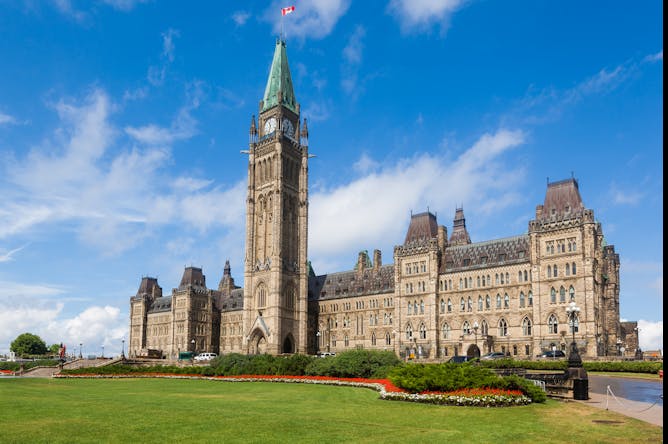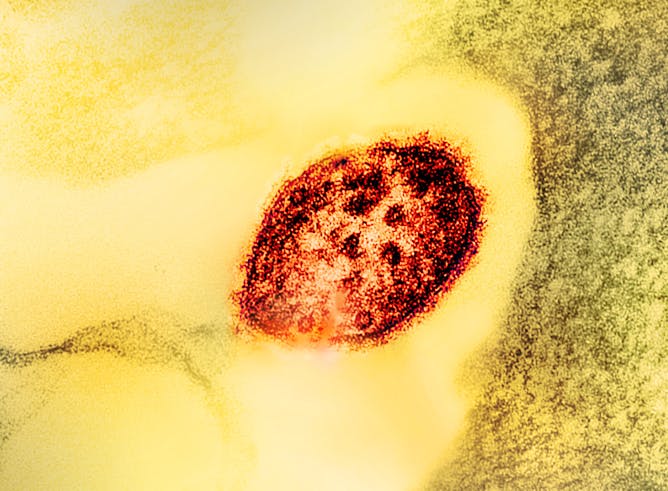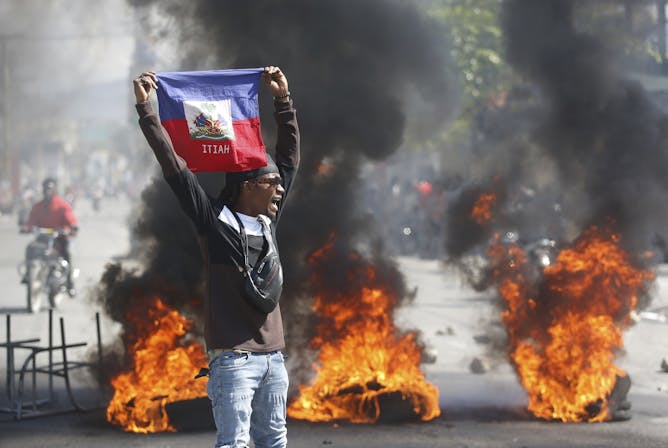|
|
|
|
The International Day for the Elimination of Racism was this week and it’s worth taking a moment to look at some of the reasons why the United Nations’ General Assembly decided to ask the world to observe it.
Sixty-four years ago, South African police opened fire onto a crowd of peaceful demonstrators in Sharpeville who had gathered to protest the “dompas,” a pass card required by Black Africans to move freely between cities and rural areas. Police shot and killed 69 men, women and children, and many more were injured.
Here in Canada, a similar pass system existed for 60 years, under the Canadian Department of Indian Affairs. Actually, the South African apartheid pass laws are thought to be inspired by the Canadian ones. For Indigenous Peoples, punishment for leaving the reserve could lead to imprisonment.
Although the term apartheid was first used to describe the system in South Africa, the term – which means enforced racial segregation, and can include the oppression and deprivation of one racial group by another – has been taken up by the international community to point to unequal systems anywhere. This has included Palestine, a region we look at in today’s podcast.
In this week’s Don’t Call Me Resilient podcast episode, we speak with Hilal Elver, the former United Nations Special Rapporteur on the Right to Food, and current research professor of Global Studies at the University of California Santa Barbara, about the looming famine in Gaza after months of Israeli attacks.
On Monday, the European Union’s foreign policy chief accused Israel of using starvation as a weapon of war. Israel denies these allegations which were some of the strongest words against Israel we have heard from a western power about the situation in Gaza since October. His words come on the heels of a UN-backed report that warns that more than one million people — half of Gaza’s population — face catastrophic starvation
conditions. The report goes on to say that without an immediate ceasefire and a major influx of food especially into areas cut off by fighting, famine and mass death in Gaza are imminent. Scholars say intentional starvation of a population is a war crime according to international law.
It’s a lot to take in — but with Elver as the expert at your side — it becomes an informative, compelling and urgent conversation.
Also today:
All the best.
|

|
Vinita Srivastava
Host + Producer, Don't Call Me Resilient
|
|

Palestinians line up for a meal in Rafah, Gaza Strip, on March 12, 2024.
AP Photo/Fatima Shbair
Vinita Srivastava, The Conversation; Ateqah Khaki, The Conversation; Husein Haveliwala, The Conversation
We speak with Hilal Elver, the former UN Special Rapporteur on the Right to Food and current University of California professor about the looming famine in Gaza after months of Israeli attacks.
|

The Canadian government is currently running a public consultation to help inform its 2035 emissions reductions targets.
(Shutterstock)
Christopher Campbell-Duruflé, Toronto Metropolitan University
We must resist the temptation to go for a weak 2035 target and use the public consultation process to think creatively about how the net-zero transition can be both transformational and fair for all.
|

The accounting profession has suffered from the under-representation of women and marginalized people for many years.
(Shutterstock)
Zvi Singer, HEC Montréal
Ethnic minority auditors are less likely to become partners at accounting firms despite being better at their jobs than their white counterparts.
|

A measles virus particle. Measles is one of the most contagious pathogens known.
(CDC and NIAID)
Mansour Haeryfar, Western University
Canada is seeing a surge in measles cases. Find out what measles is, why it’s returning to Canada, and how people can protect themselves and others.
|

Donald Trump hugs and kisses the American flag as he speaks at the Conservative Political Action Conference in Oxon Hill, Md., in February 2024.
(AP Photo/Alex Brandon)
Shaun Narine, St. Thomas University (Canada)
A second Donald Trump presidency would not necessarily implement a foreign policy any more destructive than what is normal for the United States.
|

The promise of AI comes at the expense of water availability and quality.
(Shutterstock)
Joyeeta Gupta, University of Amsterdam; Hilmer Bosch, University of Amsterdam; Luc van Vliet, University of Amsterdam
Artificial intelligence promises revolutionary solutions to global challenges, but the water costs to produce and power AI hardware and infrastructure may exceed the benefits.
|
La Conversation Canada
|

Un manifestant brandit un drapeau haïtien lors de manifestations réclamant la démission du Premier ministre Ariel Henry à Port-au-Prince, le 1er mars 2024. La crise actuelle commande une nouvelle approche de la communauté internationale, et du temps.
(AP Photo/Odelyn Joseph)
Emmanuel Sael, École nationale d'administration publique (ENAP); Jean-François Savard, École nationale d'administration publique (ENAP)
Haïti peut sortir de la crise à condition de compter sur une administration publique forte et sur une aide internationale coordonnée, menée par des pays qui respectent les droits humains.
|
Podcasts
|
-
Gemma Ware, The Conversation
Grace Augustine talks about her interviews with people who’ve chosen to leave their jobs over climate change concerns on The Conversation Weekly podcast.
|
|
Arts
|
-
Mia Chen Ma, University of Strathclyde
3 Body Problem tells a story of survival, betrayal, and a relentless quest for human and alien coexistence.
|
|
Environment + Energy
|
-
Olajumoke Morenikeji, University of Ibadan
Pangolins are among the most trafficked and poached mammals in the world.
|
|
Science + Tech
|
-
Milovan Savic, Swinburne University of Technology
Platforms like Facebook, Instagram and TikTok vie for our attention and boast billions of users. Ultimately, what matters is connection.
|
|
|
|
| |
| |
| |

|
| |
| |
| |
| |
| |
| |
|
|
|
|
|
|
|